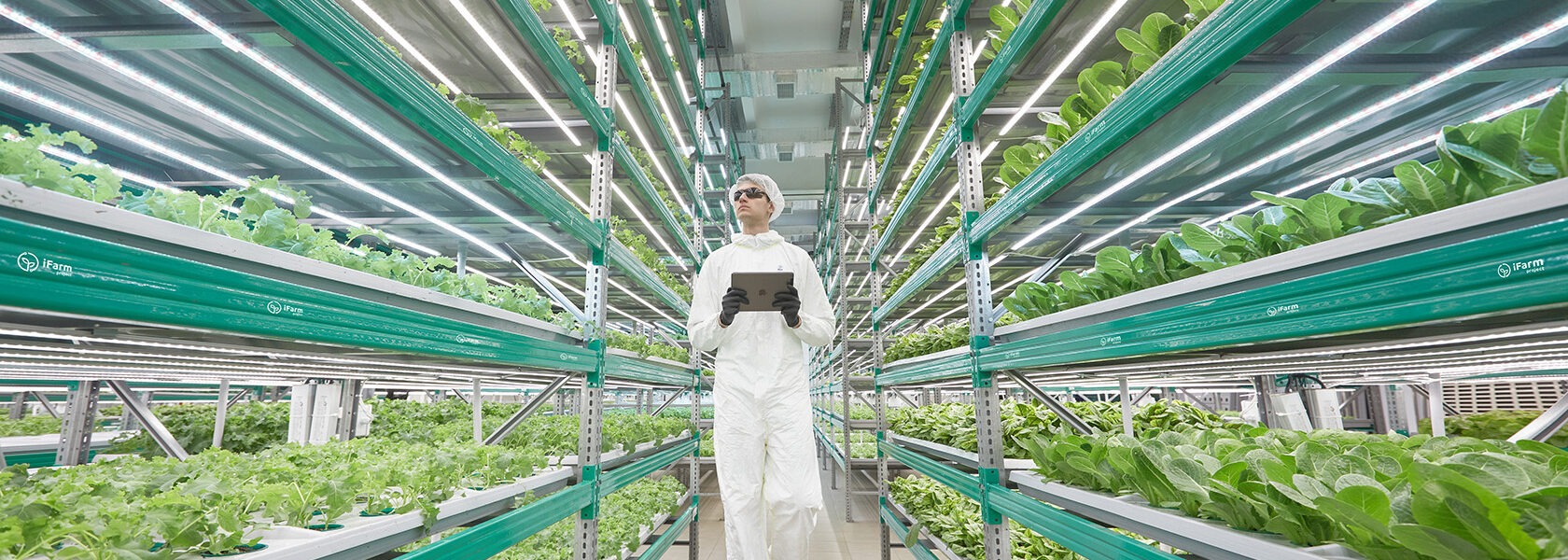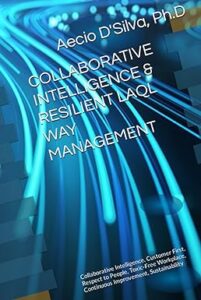Contents
- 1 The Importance of Adding Value, Continued Improvements, and Removing Wastes in, LAQL Intelligent Management
- 2 How LAQL Intelligent Management Can Help Businesses Streamline Operations and Boost Profitability
- 3 Por Aécio D’Silva, PhD(1), Maécia Moura, MSc(2), Fabiano Moura, MSc(3)
- 4 LAQL Intelligent – Adding Value
- 5 Continued Improvements
- 6 Removing Wastes
The Importance of Adding Value, Continued Improvements, and Removing Wastes in, LAQL Intelligent Management
How LAQL Intelligent Management Can Help Businesses Streamline Operations and Boost Profitability
Por Aécio D’Silva, PhD(1), Maécia Moura, MSc(2), Fabiano Moura, MSc(3)
(1) Moura Enterprises, AquaUniversityTucson, AZ 85742, EUA; (2) Signature Dental Partners, Fênix, AZ 85008; (3) Profound Commerce, Inc. Austin, TX 78746.
LAQL Intelligent Management is an Intelligent, sustainable, and innovative business administration technology to improve efficiency, reduce waste and maximize value for customers. By focusing on adding value, continuous improvement, and eliminating waste, companies can achieve sustainable growth and profitability
LAQL Intelligent Management – In today’s competitive business environment, companies need to find ways to streamline their operations and cut costs to remain competitive. One way to achieve this is through LAQL Intelligent management, a management technology that emphasizes the importance of adding value, continued improvements, and removing wastes from the production process.
LAQL Intelligent – Adding Value
The first key principle of LAQL Intelligent management is adding value. This means focusing on the customer and identifying their needs and wants. By adding value, businesses can differentiate themselves from their competitors and build a loyal customer base. Adding value can take many forms, such as improving product quality, reducing delivery times, or providing excellent customer service.
Adding value requires a deep understanding of the customer and their needs. It involves identifying the features and benefits that customers value most and then designing products and services that meet those needs. By adding value, businesses can create a competitive advantage and attract and retain customers.
Continued Improvements
The second key principle of LAQL Intelligent management is continued improvements. This means constantly looking for ways to improve processes, products, and services. By making small, incremental improvements, businesses can achieve significant gains in efficiency and quality over time.
Continued improvements require a culture of continuous learning and experimentation. It involves encouraging employees to identify problems and suggest solutions, and then testing and implementing those solutions. By making continuous improvements, businesses can stay ahead of their competitors and maintain their competitive edge.
Removing Wastes
The third key principle of LAQL Intelligent management is removing wastes. This means identifying and eliminating any activities or processes that do not add value to the customer. Examples of wastes include overproduction, waiting, excess inventory, unnecessary transportation, and defects.
Removing wastes requires a thorough analysis of the production process to identify any inefficiencies or bottlenecks. It involves creating a culture of continuous improvement, where employees are encouraged to identify and eliminate wastes. By removing wastes, businesses can reduce costs, improve efficiency, and increase profitability.
In conclusion, LAQL’s Intelligent, sustainable, and innovative Management is a powerful tool for businesses looking to improve efficiency, reduce waste, and maximize value for customers. By focusing on adding value, continued improvements, and removing wastes, businesses can achieve sustainable growth and profitability. By embracing the principles of LAQL Intelligent management, businesses can create a culture of continuous improvement that drives innovation and success.
References:





